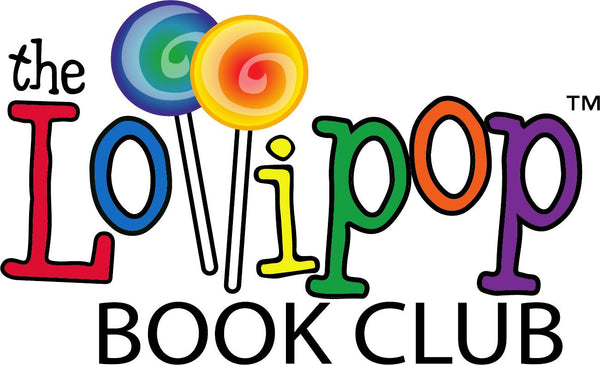When parents make the difficult decision to end a marriage, supporting their teens is one of the most critical parts of this transition. During a time when adolescents are in their greatest period of emotional growth, an unstable home environment complicates these delicate years. On top of an already dealing with a variety struggles, all of which are part of normal development, a divorce adds another layer of complexity. Fortunately, with the right level of support, teens have remarkable strength and resiliency to get them through even the most difficult challenges. Here is some divorce guidance for teens to help them process the change in their family dynamic.

Helping Teens During a Divorce
Kids nearing their teenage years are going through a transformational time of their lives. Teetering between childhood and adulthood, they need as much stability at home as possible in order to handle the internal turmoil associated with these years. Statistics about divorce are startling, impacting an especially high number of teens during this period of adolescence. It adds a level of complexity to this tumultuous developmental stage. Helping teens through a divorce requires a multi-faceted approach. Consider utilizing all of these strategies throughout the process and make adjustments based on what seems to be most effective.
(1) Find a counselor who specializes in adolescence, with a specific focus on family therapy.
Sometimes kids will talk to several therapists before finding someone with whom they feel comfortable. As much as parents will want to know about all their tween's struggles, this is a time in their lives when they naturally pull away from parents. A divorce adds another layer of complexity in emotional development which often requires the assistance from a professional.
(2) Do not treat your teen like a friend or confidant.
Even the most mature tweens are not capable of understanding all the emotional facets of a divorce. It is simply not fair for either parent to confide in their children in the same manner they would an adult friend or peer. No matter how acrimonious the split, it is of upmost importance for both parents to shield their kids as best as possible from the most intimate details. During these formative years, tweens needs to spend more of their emotional energy developing their own healthy relationships with peers without the interference of their parents' more complex problems.
(3) The way parents behave directly affects the health and strength of their children's future relationships.
Disagreements are an inevitable part of the divorce process, and they are often fueled by years of unresolved conflict in a relationship. Parents going through a split often lost their composure, resulting in ugly exchanges that can have a profound effect on kids who witness the fight. One of the most important things parents can do is to keep their cool when kids are within hearing distance. Adolescents who are witness to nasty words and accusations can be permanently affected by observing these fights.
(4) Buy some teen chapter books about divorce.
The best books for teens with divorce themes capture the emotional nuances of adolescents who are navigating the separation of their parents. Reading about a variety of experiences and perspectives can be enormously beneficial for kids who are sorting through a variety of mixed feelings. Sadness, anger, indifference, confusion, relief, and fear are just a few of the many conflicting emotions that pre-teens feel. Characters who are going through the same emotional rollercoaster can help to normalize this firestorm of feelings and even offer advice for managing them.

More Reading for Kids About Divorce

